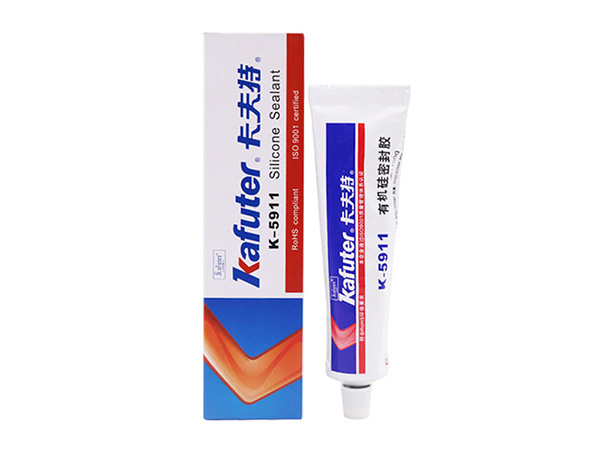The adhesive used in the medical industry is the medical grade adhesive, and the medical grade adhesive refers to the adhesive used for the adhesion of medical instruments.
In fact, most medical devices are assembled by adhesive bonding. Modern medical device manufacturing industry requires the final product to have maximum reliability and performance under many special conditions.
Medical device manufacturers need to determine the properties of adhesives through a large number of tests and validation, so as to select the appropriate adhesive, which also requires that medical adhesives need to have special properties to meet the requirements of the medical device market economy and mass manufacturing.
Virtually all medical instruments or diagnostic equipment may have medical grade adhesives.
The most common medical adhesives have three categories of applications:
> Disposable products (such as syringes, catheters, oxygenators, etc.);
> Reusable instruments (e.g. surgical instruments, diagnostic equipment, etc.);
> Implanted device (e.g. pacemaker, etc.)
The application of medical adhesive materials not only needs to pass the industry common standards required by other industrial fields (heat resistance, aging resistance, strength, etc.) but also needs to pass toxicity tests or antiseptic tests.
Standards and Regulations
Medical devices are related to human health. In the field of medical devices manufacturing, people will pay more attention to the selection criteria of adhesives and the requirements of good adhesion performance.
The selection of adhesives for medical applications follows the same process as for other applications. Criteria include: specific bonding substrate determination, strength requirements, load type, impact resistance, high temperature resistance, low fluid resistance, and processing process requirements. However, many medical devices require at least two other important criteria: bactericidal resistance and low toxicity.
As a result, the medical device industry has developed several important standards and regulations.
Toxicity and Biocompatibility
Adhesives used in medical devices need to be tested for effects on cells (cytotoxicity), blood components (hemolysis), adjacent tissues, and overall biological systems.
There are now several types of biocompatibility tests.
Suppliers of adhesives generally test for toxicological properties and biocompatibility according to established criteria:
> United States Pharmacopoeia (USP) - Class VI Standard
United States Pharmacopeia Association USP Class VI standard
> International Standards Organization (ISO) - ISO-10993
ISO ISO-10993
These standards were originally developed to test plastics used in medical devices for suitability for exposure to bodily fluids, and the same requirements are now being applied to medical adhesives. Generally, the product is tested by an independent laboratory and the results are provided to the equipment or adhesive manufacturer in the form of standard certification. The test shows that the cured product is non-toxic and biocompatible.
Anti-sterilization disinfection
It should be noted that another important requirement of medical adhesives is antisterilization. Most disposable and reusable medical devices need to be sterilized before they can be used.
Some products (e.g. endoscopes, surgical instruments, etc.) may require multiple sterilization cycles, and the adhesive must withstand these processes without affecting the realization of the main function.
Method of assembling medical instruments
Assembly methods for medical equipment manufacturing include solvent welding, ultrasonic welding, vibration welding and bonding. Bonding has gained widespread acceptance in the medical device industry because it does not pose the same health and safety problems as solvent welding.
At the same time, bonding is not as costly as ultrasonic or vibration welding. Medical adhesives are highly regarded in the medical device assembly industry because they have the following properties:
> Good void filling characteristics;
> Can be used for thermosetting and thermoplastic substrates, non-polymer substrates and other different substrates;
> Flexible or rigid adjustable;
> The stress distribution at the adhesion is uniform;
> An airtight seal can be formed between the two substrates.

